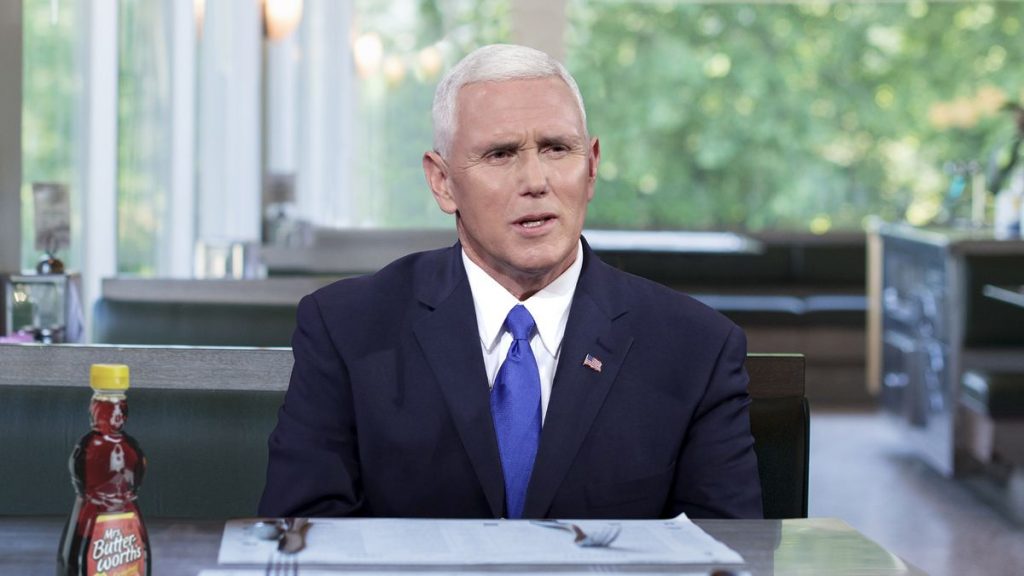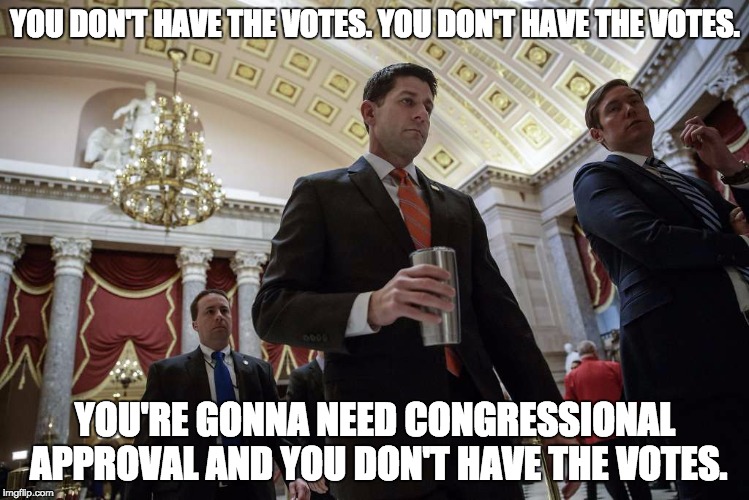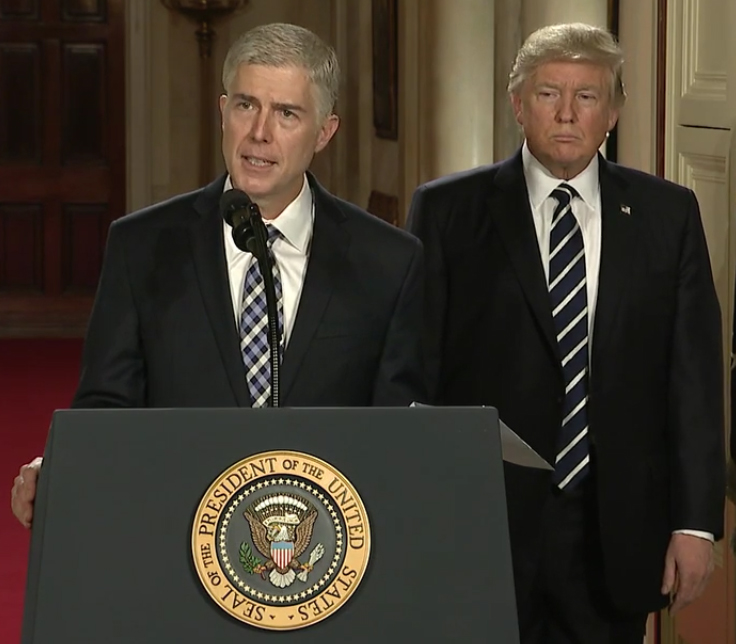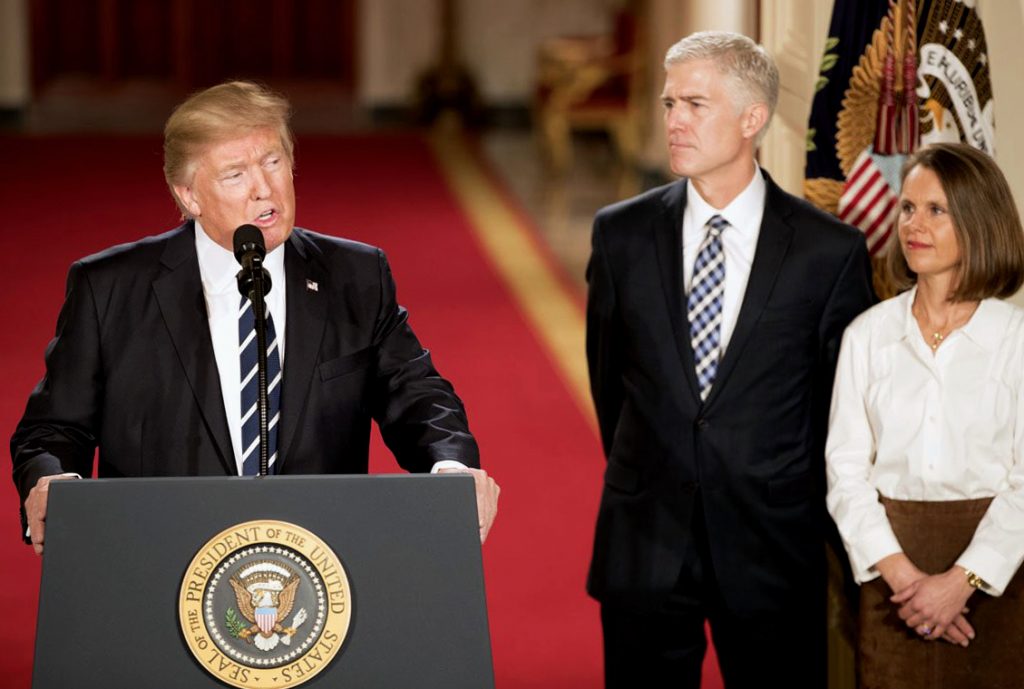By now you’ve all heard about United Airlines forcibly removing David Dao from a flight. That happened on Sunday, April 9th, and so over the past few days we’ve had time for the first-round “analysis” (United is the devil incarnate) along with the second-round “analysis” (United is angelic) and even quite a lot of third-round “analysis” (capitalism is the devil). But we’re only just now starting to get the kinds of analysis that don’t deserve the Bunny Quotes of Shame.[ref]Apparently this not a real thing. But, like the CAPS LOCK OF ANGRY, ANGRY DOOM, it should be.[/ref]

Newsweek is running one of the first of these analyses, and it concludes that United may actually have violated their own contract when they forcibly removed Dao from his seat. The contract allows them to prevent passengers from boarding in the event of an oversold flight, but the problem is that the flight wasn’t oversold (for one) and that Dao was kicked off after boarding rather than being denied boarding (for another).[ref]Overselling is a common practice in the airline industry. Since out of a few hundred people who are buy tickets at least a couple won’t show up, the airlines sell a couple more seats than they have tickets to ensure their planes are as full as possible. However in this case, it wasn’t a matter of overselling, but rather of four United employees who needed to hitch a ride.[/ref] There are also provisions for kicking someone off a plan after they’ve boarded, but none of those provisions appear to apply in this case, either.
This is far from the last word. Jens David Ohlin, who wrote the piece, is a lawyer who’s read the contract, but he’s relying for his facts on news reports of what happened. He doesn’t have any more access to the facts than the rest of us. The “last word” is probably months or even years away, at the end of one or more lawsuits.
I wrote this post because I thought Ohlin’s analysis was interesting. But also because the whole “first post” syndrome is interesting in its own right. Over a decade ago, I spent way too much time on Slashdot.[ref]I just had to check to see if it still exists. It does.[/ref] It’s a social news site–kind of like a pre-Reddit with only one forum and centered on tech–and one of the little oddities is that whenever a new topic was posted there was an immediate rush of utterly useless replies that said only “first post” (or intentional misspellings thereof, sometimes with vulgar and offensive commentary added in for trollish fun.) The replies were utterly useless, the Slashdot filtering algorithms almost always rendered them invisible for most users, but still there were actual human beings out there who either frantically typed and clicked to try and earn that first post privilege or, perhaps more depressingly, spent their time writing macros or scripts to win the prize for them.
Well, the initial reactions to the United debacle–as with all such controversies–are basically wordier versions of the same thing, just content-free “first post” declarations. Don’t get me wrong, some of them were hilarious. The memes were great. (And some of the Slashdot first posts, every now and then, were funny too.) But nobody knew what they were talking about. Seriously, nobody. As far as I can tell, 5 days later, we’re just starting to get analysis that isn’t a total waste of time to read. So, referring to all the blog posts over the past few days, why do people write this stuff? Why does anyone read it?
Those are kind of dumb questions. People read this nonsense because they’re curious and impatient. And people write it because they want attention. I’m not immune. In 2015 I wrote two hot-take pieces[ref]Here’s one. Here’s another.[/ref] because I wanted to catch that viral wave. They were both shared widely on Facebook, but I noticed from the stats that only the headline of the first was shared. Practically nobody clicked the link to read my post. And on the second, as more facts came to light I realized my “analysis” had been exactly the kind of facile, self-righteous rush to judgment I usually deplored.
I had another encounter with hot-take fame earlier this year when I wrote a fairly negative review of the newest book in The Expanse series. I listened to the book right after it came out, wrote a review like I always do, posted it, and then was perplexed to see comments and likes start pouring in. It turns out that–just like with news stories–whoever gets the first reviews out for a new book gets the most attention. This is why there are so many people who cheat and write “reviews” weeks or months before the book actually comes out.[ref]Some of them have ARCs–advanced reader copies–but it’s obvious that most do not.[/ref] And–also just like with news stories–the hot takes break down into simplistic takes: 4- or 5- star raves and 2- or 1- star slams. As of right now, my review appears to still be at the top of the list of over 800 reviews. I doubt it would have done so well if I’d published the review later or published it with 3-stars.
So I get it, the temptation to write and to read rapid reactions is strong. But it’s also–usually–a waste of time. We can get more accurate info and more reliable, interesting analysis if we can just wait a few days. And if enough people do that, maybe we can find a way to curb first post syndrome.












